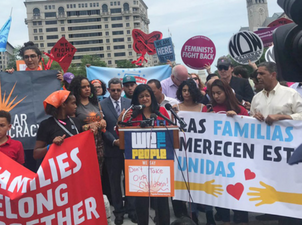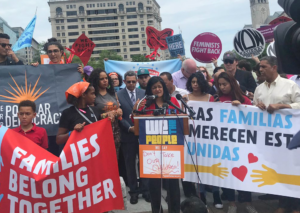
Reflection: YESS Site Visit in Des Moines, IA
Sister Jan Cebula, OSF
October 17, 2018
“The kids need us. The community needs us,” said Julie Schneider, interim CEO of the Youth Emergency Services & Shelter (YESS) in Des Moines, Iowa, at the Nuns on the Bus stop there Oct. 16. Julie captured in that one phrase what we all need to be about.
So aptly named, YESS is the largest crisis emergency shelter for children in the state of Iowa. As we toured the brightly painted facility decorated with inviting and energizing art, we learned that more than providing a safe place, as important as that is, healing is what they are about.
“How can we help them heal?” they ask.
Children can visit Chillville, a sensory room specially equipped for those with autism or hyperactivity or who just need a place to relax. Playville, the play therapy room, gives children a space to express themselves when words fail. So does art and music therapy. All steps in healing.
As we listened to the staff talk about their programs and challenges, we were inspired by their dedication and their commitment to an integrative, holistic approach, not only for the children in the shelter but for children throughout the community through their case management and mental health services. Healing individual children, healing a community. A whole-hearted YESS! for children.
And it happens through relationships. Not only child with parent or care worker with child, but also the community with the child or children.
YESS couldn’t happen without both government funding (read: our tax dollars) and the generosity of the Des Moines community of people.
There are 10 of us currently on the road, talking about tax justice:
- Comboni Missionary Sr. Ilaria Buonriposi of Baltimore;
- Social Service Sr. Simone Campbell of Washington, D.C.;
- Joseph Sr. Mary Ellen Gondeck of Kalamazoo, Michigan;
- Sister of the Third Order of St. Francis of the Holy Family Gwen Hennessey of Sioux City, Iowa;
- Dominican Sr. Quincy Howard of Washington, D.C.;
- Sister of the Precious Blood Mumbi Kigutha of Dayton, Ohio;
- Daughter of Charity Mary Ellen Lacy of Washington, D.C.;
- Francis Sr. Robbie Pentecost of Stanford, Kentucky;
- Mercy Sr. Linda Werthman of Farmington Hills, Michigan; and
- me, St. Francis Sr. Jan Cebula of Clinton, Iowa.
It becomes clearer every day that to make up for the loss of revenue from the tax cuts that benefit the wealthy, the plan is to slash programs that provide food, housing, quality education and medical support to struggling families. Even chipping away at them with work requirements, increased co-pays and frozen allocations has devastating effects.
So often, when we talk and think about these programs, we focus on the adults. During our visit to YESS, I know I realized I do.
What about the children? To our elected representatives, to the candidates running for office, we ask, “What about the children?” We all need to knock on doors, asking, “What about the children?”
Julie described how touched she has been by a young boy, perhaps about 2 years old, who was not speaking when he arrived. After just two weeks of loving care, he is starting to talk. One day, Julie came into the nursery, and he begged to be picked up and held. All kids want to be loved. All kids need a caring, loving, supportive home.
“Is this a turning point for this child?” she wondered. “Can we provide a turning point, a fork in the road for these children to put them on a different path?”
We’re at a fork in the road right now in this country. Are we going to choose a path toward healing for our communities, our nation? Do we realize that together, we can provide the turning point to put us on a different path?
Vote Nov. 6. Wake up Nov. 7 and continue to work for reasonable revenue for responsible programs.
Our kids need us. Our communities need us.
This post originally appeared on the Global Sisters Report website.








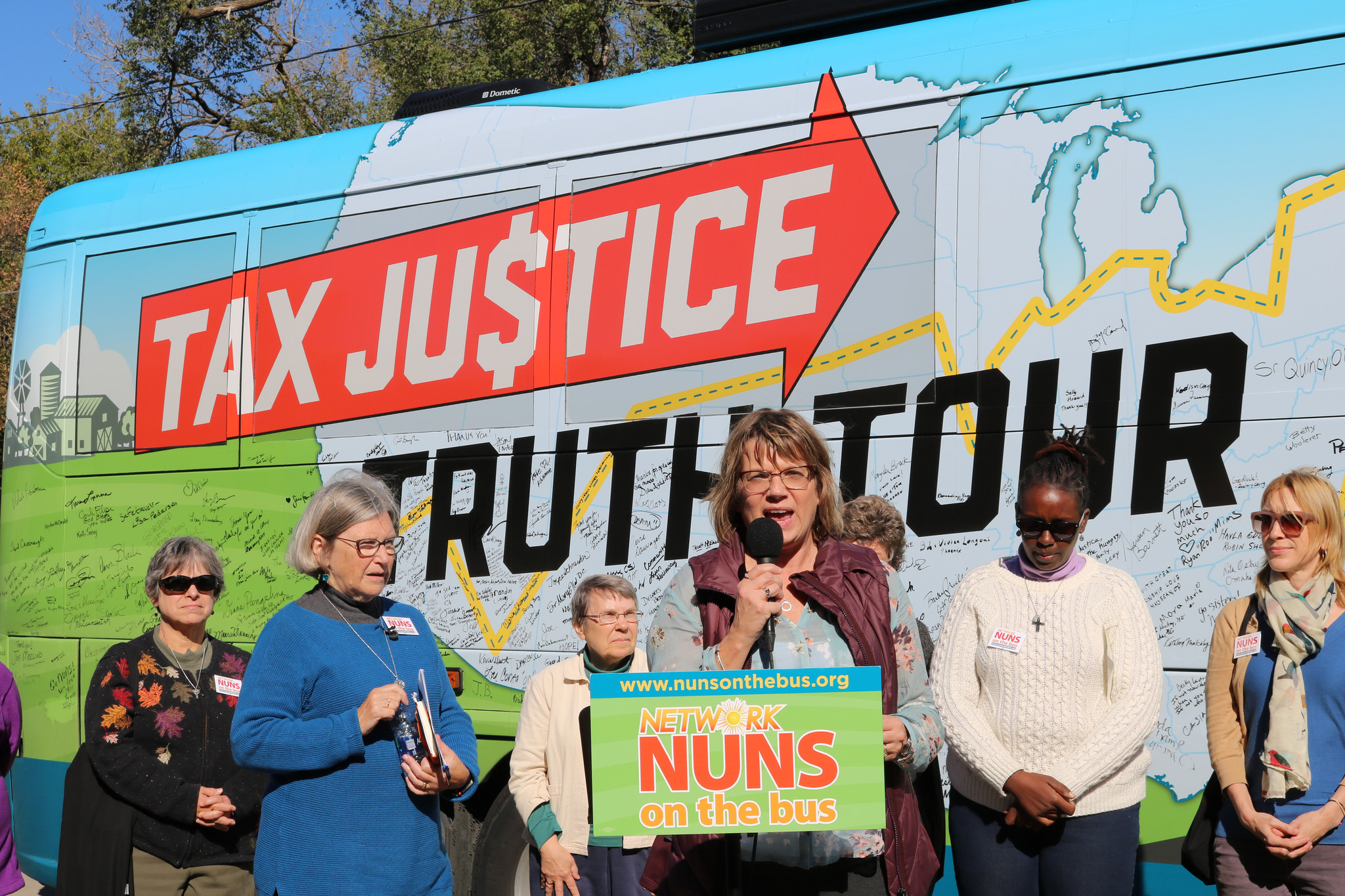
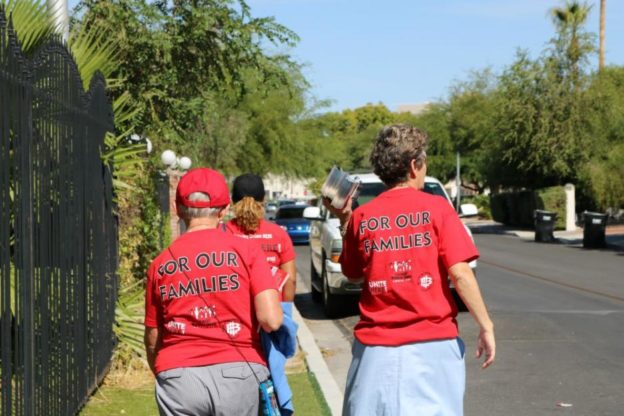
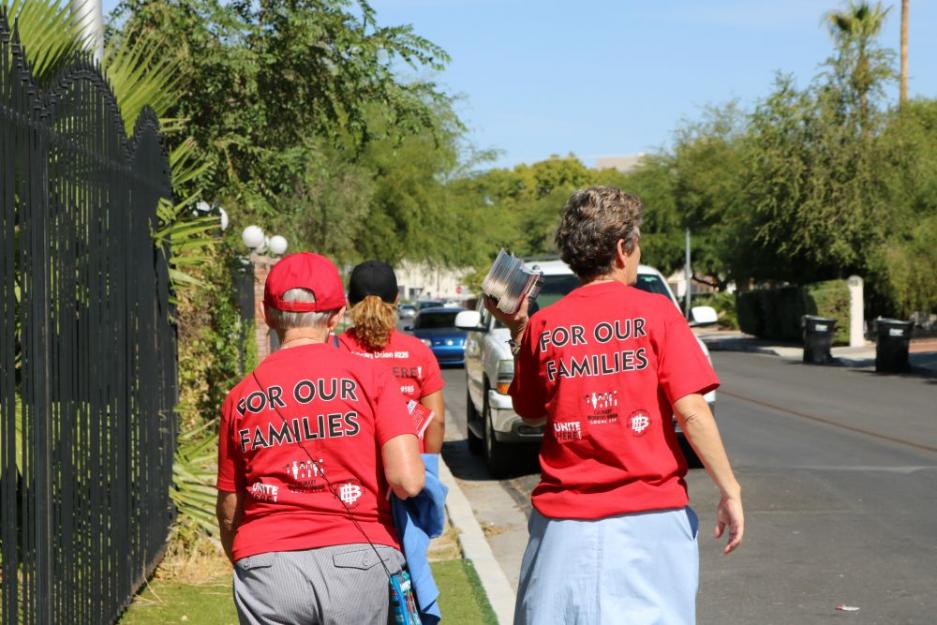
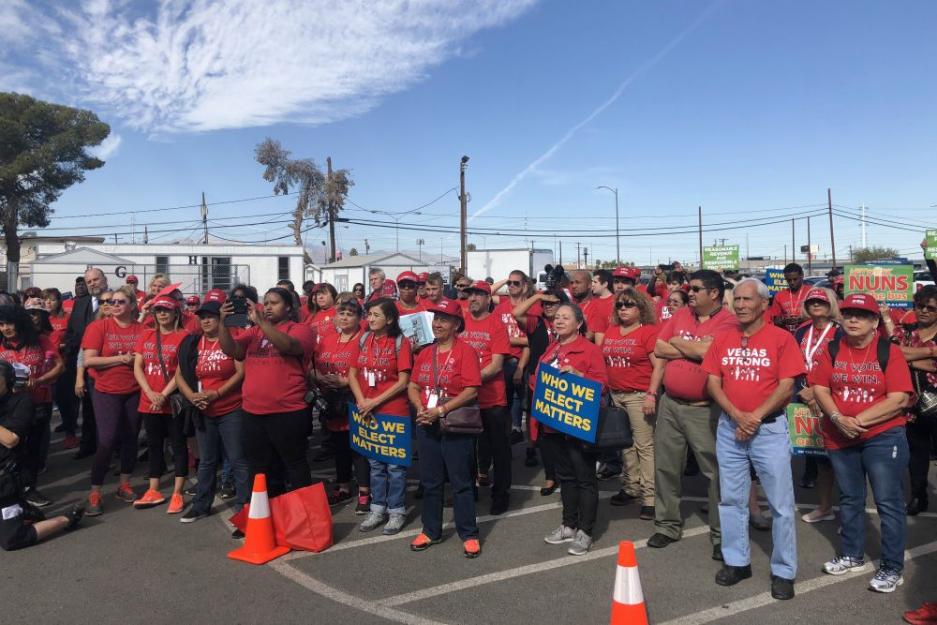
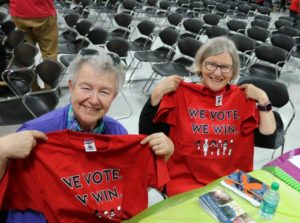
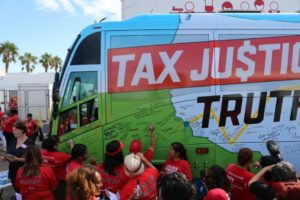
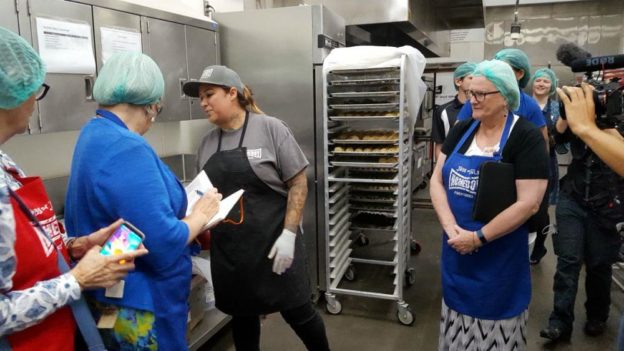
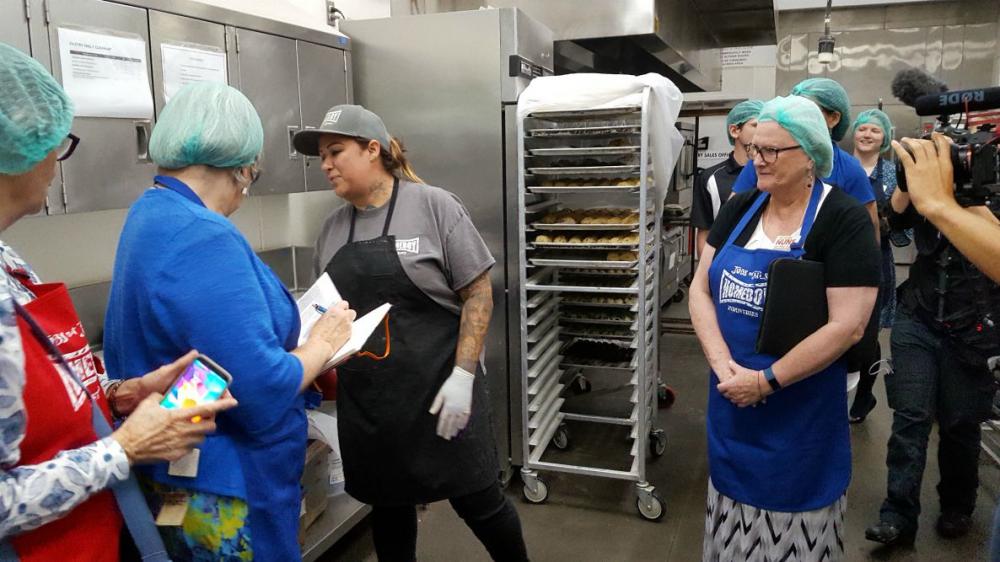
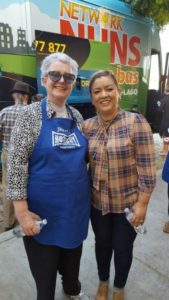
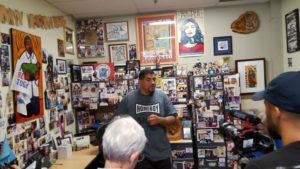
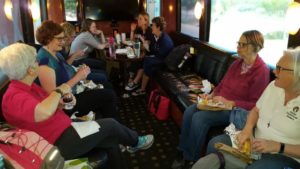
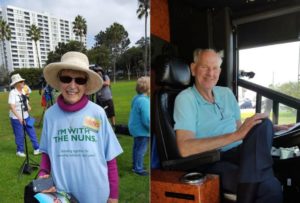
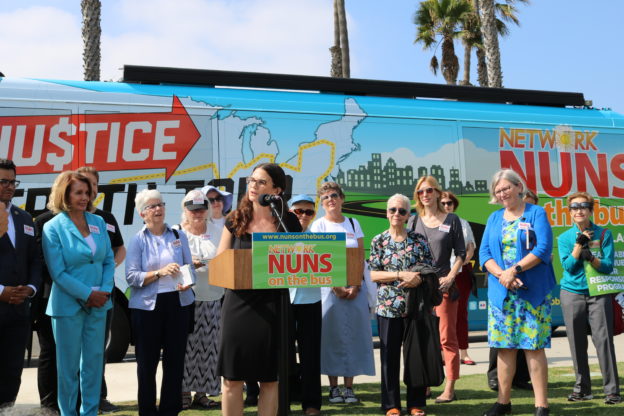

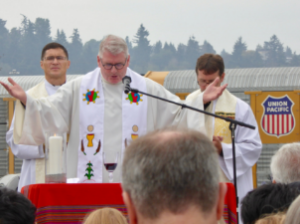

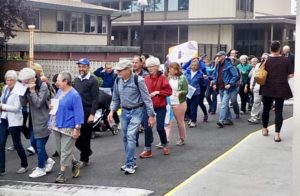
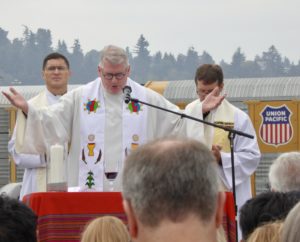
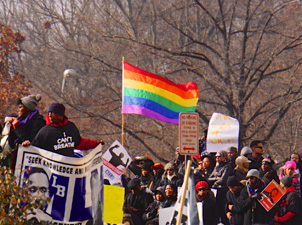
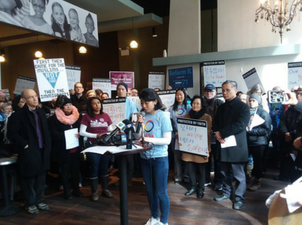
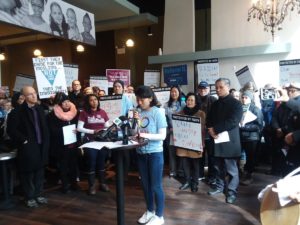
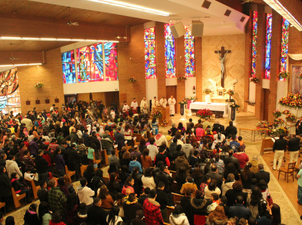
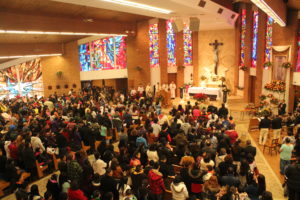
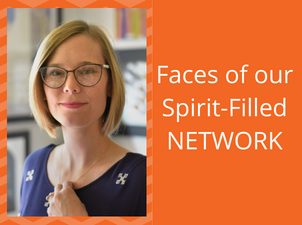
 You recently wrote a dissertation in which you recognized NETWORK as a “unique organizational site operating at the intersection of religion, politics, and authority.” Can you tell us a little more about this project and what inspired you to include NETWORK in your research?
You recently wrote a dissertation in which you recognized NETWORK as a “unique organizational site operating at the intersection of religion, politics, and authority.” Can you tell us a little more about this project and what inspired you to include NETWORK in your research?